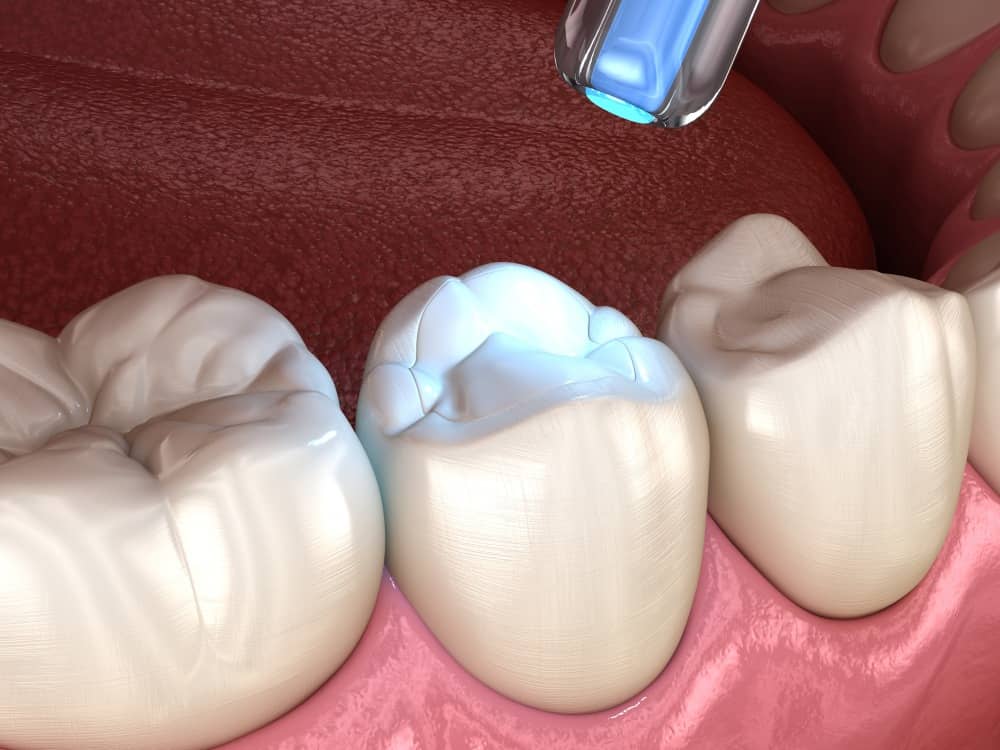
Dental fillings are common to treat cavities after the dentist removes the decayed part of a patient’s tooth. Fillings can also be used to repair broken teeth. There are different types of dental fillings, including:
● Cast Gold
● Amalgams
● Composite resins
● Porcelain
Many patients have cavities, and each case is unique. Patients can discuss if they need dental fillings with their dentist in Varsity and determine which treatment route is best for them.
Do all cavities need to be filled?
Many patients avoid trips to the dentist because procedures tend to be uncomfortable or anxiety-inducing. With up-to-date technology, dentists can treat cavities quickly and ensure their patients are comfortable throughout the process. Depending on the size and depth of a cavity, alternative methods can be used to treat it.
Cavities sometimes go unnoticed by patients. Scheduling regular visits with your dentist will prevent infections from growing and help prevent more cavities.
What kind of cavity doesn’t need to be filled?
Every case is unique. Some patients may have small cavities in the outer layer of the tooth, but some may experience deeper cavities that require more attention. If your small cavity is in the tooth’s enamel layer, you may not require a filling. Patients who practice good oral hygiene prevent big cavities and can avoid fillings. Brushing and flossing daily, as well as using a supplemental fluoride rinse, will help patients prevent infections. Patients with good oral health who experience cavities will notice they are small and treatable.
What happens to small cavities over time?
Cavities in the enamel that do not require filling are called decalcification. These can be reversed by keeping up with good oral hygiene and using fluoride products as an additional measure. Fluoride is a substance that can remineralize the enamel of a patient’s tooth and reverse the damage caused by the small cavity. A dentist near you can examine your teeth and determine if the cavity is small enough to be treated with at-home products or if it may require filler.
When do cavities need filling?
If a cavity can’t be monitored over time or is no longer on the outer layer of the tooth only, it will require treatment. Treatments for cavities vary depending on the gravity of the infection. Treatments involve fillings, crowns, root canals or tooth extractions. Cavities can cause pain and discomfort; if they do, they will need to be removed by a dentist to avoid tooth decay.
Our dental clinic offers dental fillings in Varsity, as well as other treatments to help you restore your oral health.
What should I do if I have cavities?
If a dentist at Greystone Family Dental examines your teeth and finds a cavity, they will inform you how to proceed. If they determine the cavity can be remineralized, we recommend you follow a good hygiene routine. Brush twice a day with fluoridated toothpaste. Ensure you are brushing your teeth for a minimum of two minutes each time. Floss every day, at least once. Use a fluoride mouth rinse after brushing in addition to your routine. Fluoride will help remineralize the cavity. Visit the dentist for regular cleanings to ensure no new cavities have appeared or worsened.
If the dentist determines your cavity is beyond the enamel layer, they will advise you on what procedures will work best to treat the infection. You may need to get the infection removed and complete a filling treatment.
Interested in learning more about dental fillings near you? Our friendly staff is here to answer any questions you may have about treating your cavities. Contact us to book your appointment today.